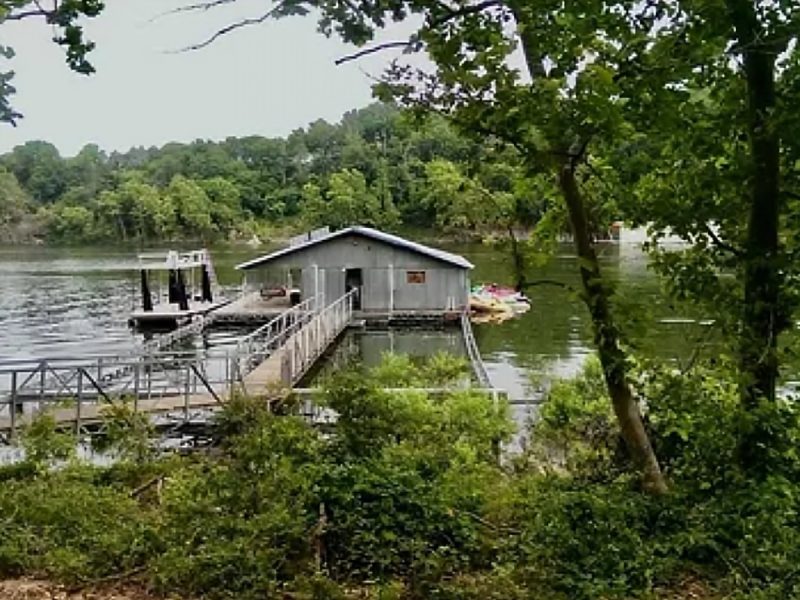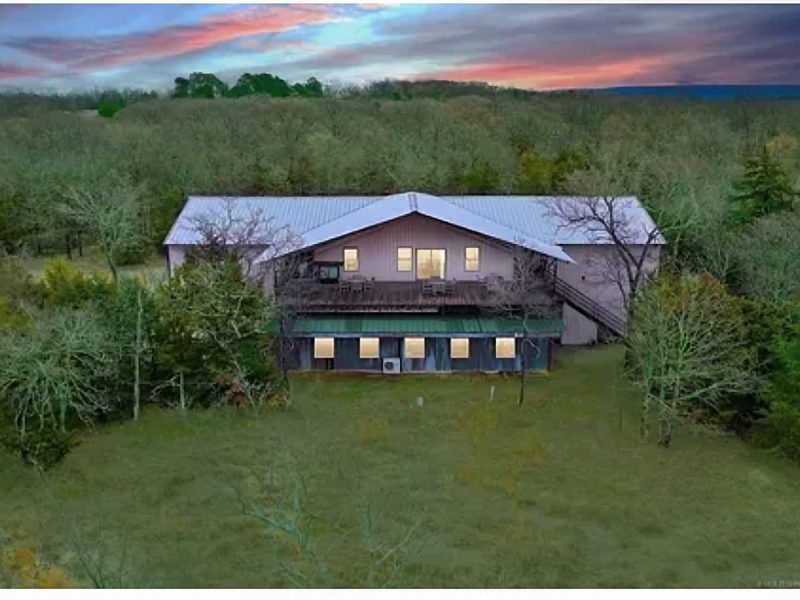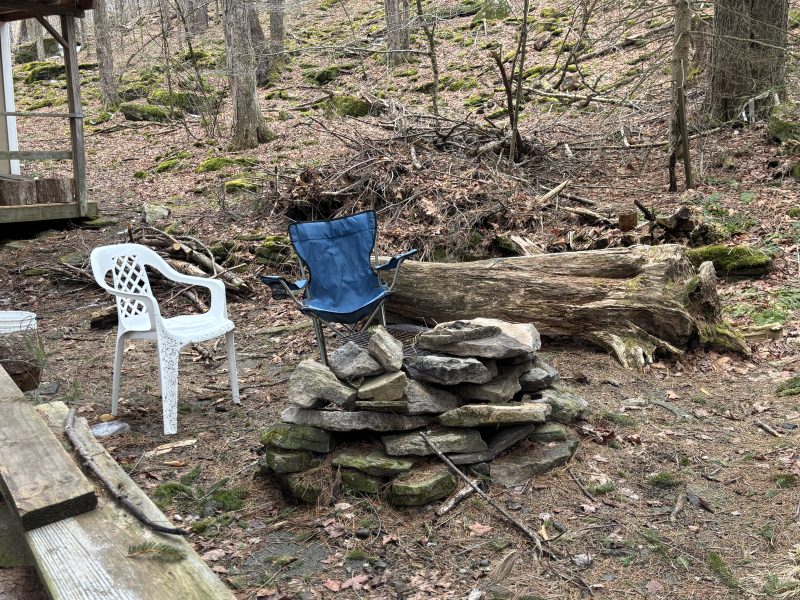Discover Lake Tanganyika
Have you ever heard of Lake Tanganyika? It’s not just any lake—it’s a superlative freshwater giant tucked away in the heart of Africa. Spanning the borders of Tanzania, Burundi, the Democratic Republic of Congo (DRC), and, of course, Zambia, this lake is something of a geographical marvel.
Lake Tanganyika is the second deepest and second largest by volume freshwater lake in the world. Plus, it’s the longest freshwater lake on the globe!
The Lukuga River is the lake’s primary outflow, moving water towards the mighty Congo River basin. The lake’s watershed is fed by renowned rivers like the Malagarasi and Ruzizi, ensuring its waters are replenished, especially during the rainy seasons.
So, are you ready to dip your toes into the waters of history, bask in the warm Zambian sun, and explore Lake Tanganyika’s underwater wonderland? Your African aquatic adventure awaits!
START PLANNING YOUR TRIP
Top 3 Facts about Lake Tanganyika in Zambia
Remarkable Depth
Lake Tanganyika is Africa’s deepest lake, plunging to over 1,470 meters (4,820 feet). Its profound depth makes it the second deepest lake in the world, surpassed only by Lake Baikal in Siberia.
Biodiversity Hotspot
The lake is a biodiversity hotspot, home to an incredible array of aquatic life, including around 350 fish species. Among these are many unique to Lake Tanganyika, such as the colorful cichlids, which have evolved into hundreds of distinct species due to the lake’s isolation.
Ancient Origins
Estimated to be around 9-12 million years old, Lake Tanganyika is one of the oldest lakes in the world. Its age and isolation have contributed to the evolution of its unique flora and fauna, making it a fascinating subject for scientists and researchers.


Must See Attractions
Nsumbu National Park
National Park
Just a stone’s throw away from the shores of Lake Tanganyika, Nsumbu National Park is a slice of paradise with abundant wildlife and breathtaking landscapes.
Kalambo Falls
Waterfall
Located on the Kalambo River, which feeds into Lake Tanganyika, Kalambo Falls is one of the tallest uninterrupted waterfalls in Africa, with a drop of over 235 meters (770 feet). The breathtaking scenery and surrounding lush landscapes make it a must-see attraction for nature lovers and adventure seekers.
Mahale Mountains National Park
National Park
Situated along the eastern shore of Lake Tanganyika, Mahale Mountains National Park is renowned for its population of chimpanzees. Visitors can embark on guided trekking expeditions to observe these fascinating primates in their natural habitat amidst dense forests and stunning mountain scenery.
Annual Events and Festivals
Lake Tanganyika Regatta
The Lake Tanganyika Regatta is a vibrant sailing event held annually in September, attracting participants and spectators worldwide.
Sailboats of various sizes and designs race across the lake’s shimmering waters, creating a colorful spectacle against the backdrop of the scenic landscape.
Nsumbu Bonfire Festival
Celebrated in July, the Nsumbu Bonfire Festival is a cultural extravaganza that showcases the traditions and heritage of the local communities living around Lake Tanganyika.
Visitors can enjoy traditional music and dance performances, indulge in local cuisine, and participate in various activities highlighting the region’s rich cultural diversity.
Fishermen’s Day
This annual event, typically held in March, pays homage to the importance of fishing in the livelihoods of communities around Lake Tanganyika.
Fishermen from various villages gather to compete in fishing competitions, demonstrate traditional fishing techniques, and celebrate their cultural heritage through music, dance, and feasting.
Top Hiking Trails
Kalambo Falls Trail
Kalambo Falls Lodge
This trail begins at the Kalambo Falls Lodge near the majestic Kalambo Falls.
Hikers can follow a well-marked path that winds through lush forests, offering glimpses of wildlife and birdlife, before reaching viewpoints overlooking the breathtaking waterfall cascading into the gorge below.
Ndole Bay Nature Trail
Ndole Bay Lodge
The Ndole Bay Nature Trail begins at Ndole Bay Lodge, situated along the shores of Lake Tanganyika. Hikers can explore the lodge’s diverse ecosystems, including dense forests, open grasslands, and rocky outcrops.
The trail offers opportunities to spot various bird species, butterflies, and small mammals along the way.
Nsumbu National Park Trails
Nkamba Bay Lodge
Nkamba Bay Lodge serves as the starting point for several hiking trails within Nsumbu National Park. Hikers can venture into the park’s pristine wilderness, exploring shoreline habitats, rocky cliffs, and sandy beaches along Lake Tanganyika. Wildlife encounters may include sightings of antelope, monkeys, and a variety of bird species.
Water Sports
Kayaking
Explore the tranquil bays and hidden coves of Lake Tanganyika by kayak. Paddle along the shoreline, admiring the rugged cliffs, lush forests, and crystal-clear waters.
Kayaking is a peaceful way to experience the beauty of the lake while getting some exercise.
Snorkeling
Dive beneath the surface of Lake Tanganyika to discover its vibrant underwater world. Snorkeling allows you to observe colorful fish, coral reefs, and other aquatic life that inhabit the lake’s depths.
Many resorts and lodges around the lake offer snorkeling excursions with experienced guides.
Water Skiing and Wakeboarding
For those seeking adrenaline-fueled thrills, water skiing and wakeboarding are popular activities on Lake Tanganyika.
Glide across the smooth waters, perform tricks, and feel the rush of speed as you are towed behind a boat. Rental equipment and instruction are often available at resorts and water sports centers.
Winter Activities
Wildlife Safaris
Winter is an excellent time for wildlife viewing in the surrounding national parks and reserves.
With vegetation thinner and animals congregating around water sources, it’s easier to spot a wide variety of wildlife, including elephants, hippos, giraffes, and various antelope species.
Birdwatching
Lake Tanganyika and its surrounding habitats are home to many bird species, including migratory birds that visit during winter.
Birdwatching enthusiasts can enjoy spotting colorful kingfishers, fish eagles, herons, and numerous other avian species in their natural habitats.
Boat Cruise
Take a leisurely boat cruise on Lake Tanganyika to admire the scenic beauty of the surroundings. Enjoy breathtaking sunsets, spot wildlife along the shoreline, and relax as you glide across the tranquil waters of Africa’s second-largest lake.
Where to Eat
Lake Tanganyika Resort
$$ – $$$ • Seafood
Ndole Bay Lodge Restaurant
$$ – $$$ • Seafood, International, Zambian
Kasaba Bay Lodge Restaurant
$$ – $$$ • Zambian, Seafood
Where to Shop
Mpulungu Market
Local market
Craft Markets
Market
Roadside Stalls
Snacks, drink
Where to Sleep
- 3
- 2
- 3
- 2
Lakeside Beach House
- 2
- 2
The Perfect DESTIN-ation!
- 2
- 2
Pug Life - Walk to the Ocean!
- 4
- 2
Roscoe Pine House
- 6
- 3
- 1
Tips on Renting a Vacation Home on Lake Tanganyika
Research Your Options
Take the time to research vacation rental properties in the Lake Tanganyika area. Look for reputable rental agencies, websites, or platforms that list properties in the region. Read reviews from previous guests to gauge the quality and suitability of the accommodations.
Define Your Needs
Determine your specific needs and preferences for the vacation rental, such as the number of bedrooms, amenities (e.g., kitchen, Wi-Fi, air conditioning), location (lakefront, near attractions), and budget. Communicate your requirements to the rental agency or property owner.
Book in Advance
Lake Tanganyika is a popular destination, especially during peak travel seasons. To secure the best rental options and dates, it’s advisable to book your vacation property well in advance, ideally several months ahead of your planned trip.
Ask Questions
Don’t hesitate to reach out to the rental agency or property owner with any questions or concerns you may have before booking. Inquire about the property’s amenities, policies (e.g., cancellation, check-in/out times), payment methods, and additional fees or charges.




Going Deeper: History and Cultural Significance of Lake Tanganyika
Lake Tanganyika holds a rich history and profound cultural significance that spans millennia. Serving as a vital lifeline for communities residing along its shores, the lake has been integral to the region’s development and cultural heritage. Historically, Lake Tanganyika facilitated trade routes, connecting distant civilizations and facilitating the exchange of goods and ideas. Its waters were traversed by explorers, traders, and settlers, leaving a lasting imprint on the region’s history.
Culturally, the lake holds deep significance for the indigenous peoples who call its shores home. It has been a source of sustenance, providing fish for nourishment, water for irrigation, and a means of transportation. The diverse ethnic groups living around Lake Tanganyika have developed unique traditions, languages, and artistic expressions reflecting their deep connection to the lake and its surrounding landscapes.
Today, Lake Tanganyika continues to be a vital resource for the communities inhabiting its shores, while also attracting visitors from around the world who come to admire its natural beauty and explore its cultural heritage.
Frequently Asked Questions about Lake Tanganyika
Lake Tanganyika is a playground for outdoor enthusiasts. You can spend time fishing, scuba diving, or snorkeling in the crystal-clear waters. If you’re up for it, cruising and cultural experiences offer an immersive escape, not to mention the exciting walks in Nsumbu National Park.
Sure thing! This lake is a scientific wonder with over 250 species of cichlid fish, most of which are found nowhere else on Earth. The ecosystem thrives with unique non-cichlid fish too, making it a hotspot for biodiversity aficionados.
Lake Tanganyika is not just a natural wonder; it’s a storied historical landmark too. It served as a key discovery point for the 19th-century explorer David Livingstone and even to this day, the MV Liemba, a vessel from pre-WWI times, still ferries people along its shores, making history come alive.
For all you fishing buffs, Lake Tanganyika is a dream with its exceptional freshwater fishing opportunities. Just remember to inquire about fishing permits and follow sustainable fishing guidelines to keep the lake’s splendor intact for years to come.
Get ready to be wowed–Lake Tanganyika is the world’s second-deepest and second-largest freshwater lake by volume. With 17% of the world’s surface freshwater, it’s a giant among the African Great Lakes.
Whether looking for the comforts of a safari lodge or the intimacy of a beachside retreat, you’ll find a range of options nestled among lush tropical vegetation by Lake Tanganyika’s shores. It’s the perfect blend of adventure and relaxation, right at nature’s doorstep!
Rent a Property
Looking for a cottage in Ndole?
Find a Property
 Listings
Listings Help Center
Help Center






































